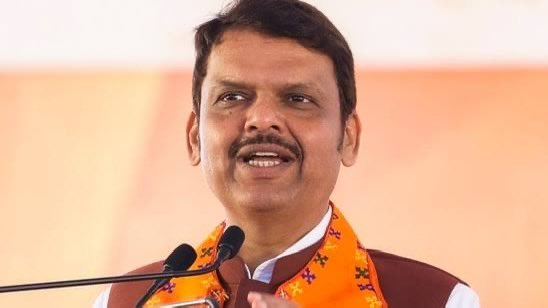
The BJP’s dominant position in the Mahayuti alliance, with 132 out of 230 seats, gives it the upper hand in deciding the Chief Minister. However, coalition dynamics complicate the equation. For instance:
Eknath Shinde's Shiv Sena Faction: Shinde’s group, having contributed 57 seats, has been vocal about his continuation as Chief Minister. A denial of this demand risks alienating Shiv Sena workers, potentially destabilizing the alliance.
Devendra Fadnavis’ Influence: As a senior BJP leader and a former Chief Minister, Fadnavis is a strong candidate. BJP cadres see him as a leader who can assert the party's dominance in the alliance. However, if he takes over, it might send a message to allies that BJP does not honor power-sharing commitments.
Ajit Pawar’s NCP Faction: Pawar’s group, with 41 seats, plays a crucial role in ensuring legislative majority. While unlikely to demand the CM post, they may bargain for significant cabinet positions, and their satisfaction is vital for coalition cohesion.
These factors illustrate the balancing act the BJP must perform. Opting for Shinde as CM could symbolize alliance solidarity, while Fadnavis’s selection would consolidate BJP’s leadership but might cause friction.
A compromise, such as a rotational Chief Ministership or expanded cabinet roles for allies, could emerge as a middle ground.
